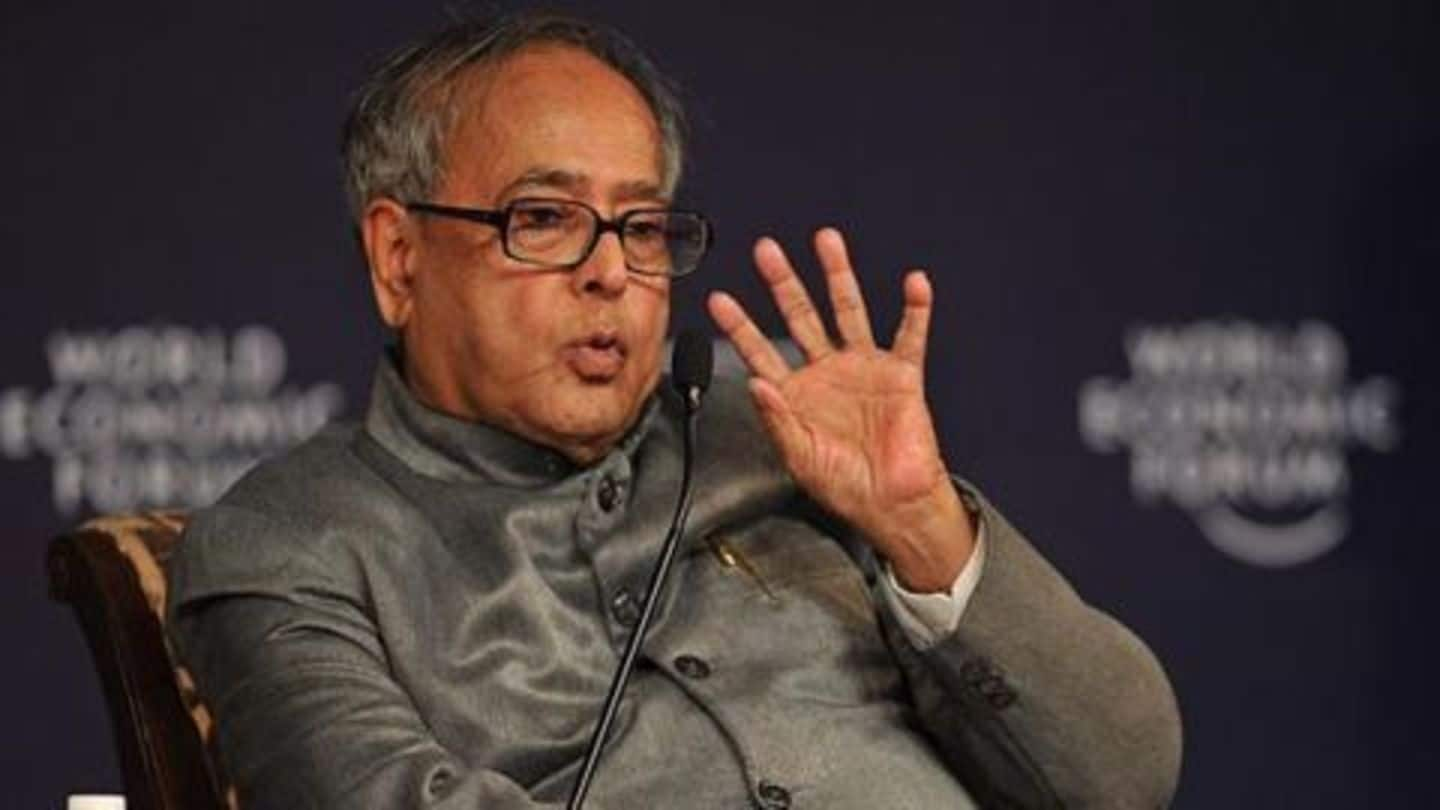
Centre creates new IT and Electronics Ministry
What's the story
The NDA Government bifurcated the Ministry of Communications and IT to form two separate ministries-Communications, and Electronics & IT.
Department of Telecommunications and Department of Posts will figure under the Communications Ministry whereas the Department of Electronics and IT(DeITY) will come under the newly-formed Ministry of Electronics and IT.
The changes were approved by Pranab Mukherjee under Government of India(Allocation of Business) Rules, 1961,
Do you know?
The Government of India (Allocation of Business) Rules, 1961
The Government of India (Transaction of Business) Rules, 1961 and the Government of India (Allocation of Business) Rules 1961, are looked after by the Cabinet Secretariat who facilitates a smooth transaction of business in Ministries/ Departments of the Government by ensuring adherence to these rules.
Portfolio Information
Who gets what after Cabinet reshuffle
Ravi Shankar Prasad, who was divested of the portfolio of Communications after the Cabinet re-shuffle, has now been made the full time Minister in-charge of 2 ministries - Law and the new Ministry of Electronics and IT.
Manoj Sinha, who replaced Prasad at the Communications Ministry, is Minister of State for Communications (Independent charge) along with being the Minister of State for Railways.
Role Description
Duties entrusted to the newly formed Electronics and IT Ministry
The Ministry will deal with matters related to Unique Identification Authority of India (UIDAI), which issues Aadhaar number to Indian citizens.
Matters related to cyber laws, administration of the Information Technology Act, 2000 and other IT-related laws would be part of the new Ministry's domain.
It has also been entrusted with the promotion of Internet, IT enabled services and jurisdiction over National Informatics Centre.
Information
Unique Identification Authority of India
UIDAI is considered to be the world's largest national identification number project. It was shifted from NITI Aayog to the administrative control of the Ministry of Communications and IT in September 2015. Now it has been taken over by the Ministry of Electronics and IT.
Communication
Department of Telecommunications and Department of Posts
The Telecommunications Department formulates policies for the accelerated growth of telecommunication services and is responsible for granting of licenses to telecom services. It looks after frequency-management in radio communications and enforces wireless-regulatory measures.
The Postal Department has more than 154,866 post-offices all over India. It also caters to small-savings banking and financial services.
These departments will now fall under the Ministry of Communications.